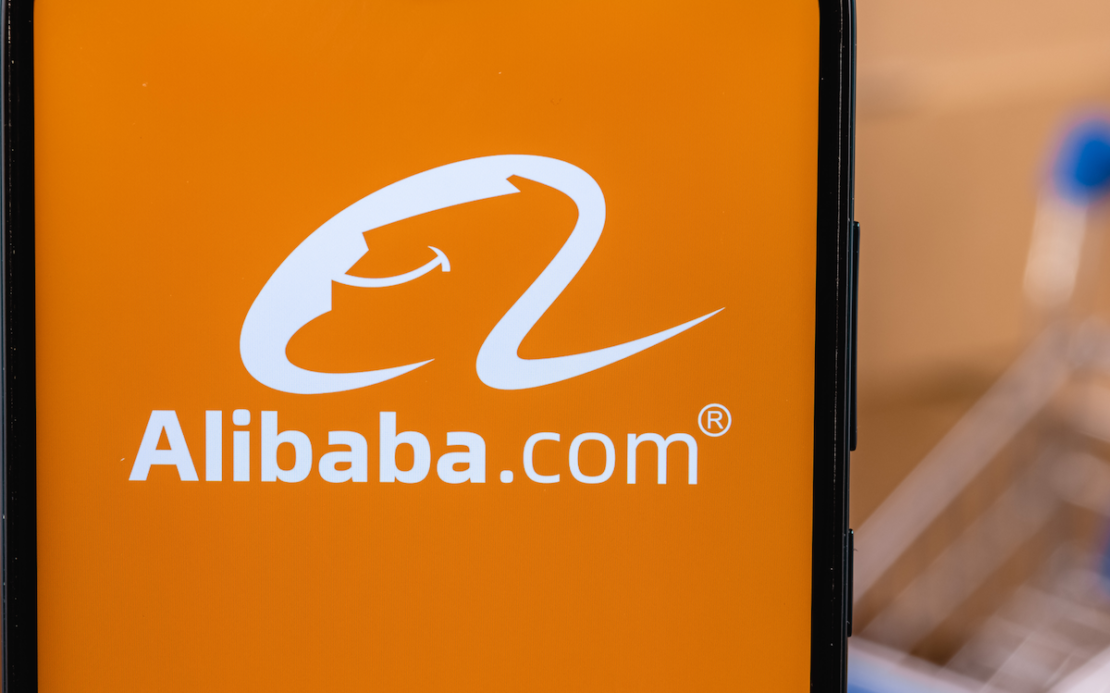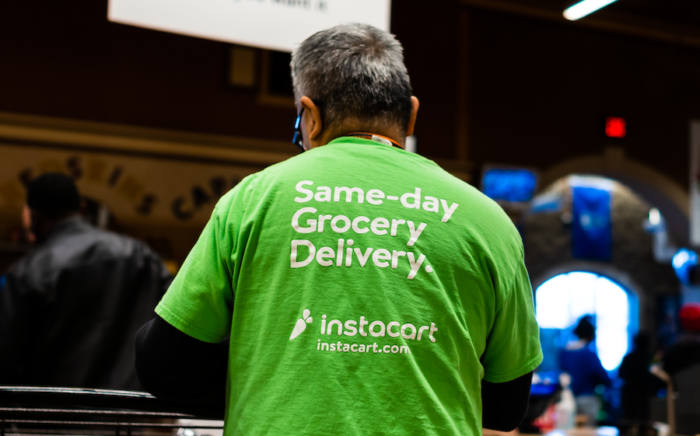Table of Contents
Alibaba and Amazon are both major players in the world of eCommerce.
While most of us are familiar with Jeff Bezos’ Amazon, not as many Americans may be well versed in Jack Ma’s multinational technology company, Alibaba.
Alibaba, founded in 1999, is China’s largest online commerce company, encompassing Chinese marketplaces including AliExpress, Taobao, Tmall, and Alibaba.
Here, we’ll break down the pros and cons of each company, exploring the highlights of Alibaba and Amazon from a consumer’s perspective. If you’re also a seller, read our article about selling on Amazon vs Ebay.
Alibaba vs Amazon: The Pros and Cons
A 2020 Forbes article declared that Alibaba is “likely to outperform Amazon” in the medium- to long-run. But in the short term, which of these eCommerce sites is the most user-friendly and affordable for online shoppers?
Let’s check out the pros and cons of each.
Alibaba Pros
Alibaba’s business model is different from Amazon in that it is a marketplace, and does not own the inventory of the merchandise sold—it simply acts as a conduit between buyer and seller. Therefore, Alibaba stock is non-existent. While Alibaba boasts a variety of revenue streams, its core model is similar to America’s eBay.
Alibaba’s largest site, Taobao, is a fee-free ecommerce platform where buyers and sellers are not charged any fees for completing transactions.
Sellers simply must pay Taobao to rank higher on the site’s internal search engine. Buyers can search for products from over seven million merchants on Taobao, offering consumers a massive database.
Tmall is Alibaba’s eCommerce site dedicated to larger retailers, including well-known brands like Nike and Apple, another plus for buyers.
Chinese company Alibaba also protects its buyers with its PayPal-like platform, Alipay, in the event that sellers are unable or refuse to deliver their goods.
And, as of July 2019, any American consumers who happen to be sellers, too, can use Alibaba to sell their products to Chinese businesses, as well as the large number of Canadian, Brazilian, and Indian businesses that use the site.
Alibaba Cons
There are some drawbacks associated with using the sites under the Alibaba umbrella. For one, shipping may take longer when you order products from this China-based online retailer that deals with third party sellers.
Taobao, Alibaba’s largest site, is in Chinese, even for U.S.-based shoppers, so buyers would need a separate app for translation.

Amazon Pros
Amazon also offers a marketplace between buyers and sellers, however, they have one distinct difference. As a retailer itself, Amazon marketplace owns the inventory and supply chain of its merchandise, selling directly to the consumer.
The most obvious pro of shopping on Amazon is that most American-based consumers are very familiar with how Amazon works. In addition to being able to order electronics, groceries, clothes, and more to your doorstep—within a day—Amazon also offers its shoppers a bevvy of other resources.
These ancillary benefits include subscription services and web services. These cloud-based web services may include storage and analytics, while subscription services include Prime Video, Prime Music, and Prime Reading.
Becoming an Amazon Prime member has many perks, and is relatively inexpensive at $13 a month, or $119 a year. From free two-day shipping to Prime Day specials, the benefits of becoming an Amazon Prime member are vast, and continue to grow.
Amazon Cons
The convenience of Amazon’s online marketplace is perhaps its most appealing feature, but this convenience can also be its downfall.
Because shoppers are so familiar with Amazon’s business model, how to find Amazon promo codes, and the brand itself, they may not conduct proper research when looking for the best online deals. Just because something can be shipped to you quickly (and for free, if you’re a Prime Member) doesn’t mean you’re getting the most bang for your buck.

RebateKey: Get Cashback on Online Purchases
Alibaba and Amazon are both major players in the eCommerce industry—arguably the biggest players—and both offer shoppers millions of choices of products. Now that you better understand the differences, pros, and cons of Alibaba vs. Amazon, you can decide which online retail platform is most appealing to you as a savvy online shopper.
However, as all savvy shoppers know, there are always more deals out there. And when it comes to learning how to save money on Amazon – RebateKey is the answer.
RebateKey partners with trusted retailers to create a massive inventory of products for consumers like you. Need a new swimsuit? RebateKey has the right fit for you. Looking to outfit your kitchen with the newest gadgets? RebateKey has the goods you crave at prices you won’t believe. The best part? You can get up to 100% cash back on purchases without having to deal with pesky mail-in rebates. To learn how to save money with other retailers using RebateKey, check out our blog posts comparing Chewy vs Amazon and Instacart vs Amazon Fresh!
It’s the one-stop shop for smart savings and easy shopping. It’s RebateKey.
Sources:
https://www.businessinsider.com/amazon-prime-benefits-what-is-included
https://www.investopedia.com/articles/investing



